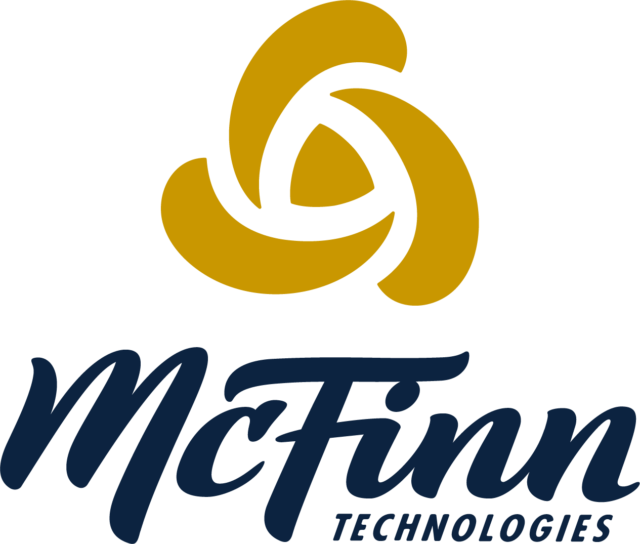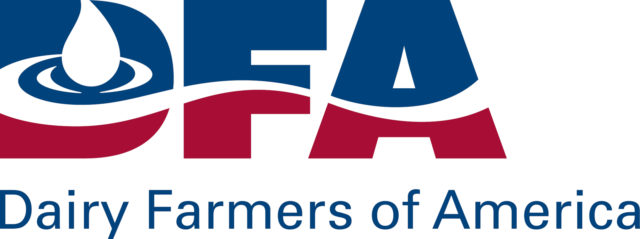I’m all for getting out of your comfort zone and embracing fresh ideas. One of the biggest movements currently taking place in business is a focus on adopting environmental, social and governance (ESG) principles. It’s a topic that can seem a bit far-fetched to many dairy operators, but it’s something operations of all sizes could benefit from embracing.
A recent Food Institute podcast featuring a trio of my colleagues – Erica Kuhlmann, BMO Harris Bank’s head of food, consumer and agribusiness; Jonathan Hackett, BMO’s head of sustainable finance; and Marc Khouzami, managing director of BMO’s Impact Investment Fund – really brought the point home. But first, a little background on ESG.
What is ESG?
At a basic level, ESG is a set of standards that determines whether a company falls under the umbrella of “sustainable investing.”
-
Environmental criteria could include energy use, waste management and treatment of animals.
-
Social criteria deals with an operation’s relationships with its employees, suppliers, customers and the communities where it operates. For example, does it work with suppliers that have the same values as the operation claims to have? Are working conditions safe and healthy for employees?
- Governance deals with a company’s leadership and internal controls, among other factors. For example, does the operation have conflicts of interest or work with suppliers that have conflicts of interest?
How can dairy farmers benefit?
If ESG has mostly been used in an investment context, what does it mean for a family dairy operation? In short, adopting ESG principles can create new business opportunities, attract and retain employees, and open up new avenues for access to capital.
More and more, consumers, retailers and processors are asking questions about ESG up and down their supply chains. This means if your dairy isn’t being asked these questions by your processor, you likely will be in the future. The fact is that every industry has different factors that impact ESG in some way. The question for dairy operators is: Do you know what’s important to you, your industry and your customers? Because ultimately, ESG provides both opportunities and risks.
On the opportunity side, we’re seeing more operators asking if there’s a way they can differentiate themselves from an ESG lens. Consumers and businesses alike are making buying decisions based on a company’s commitment to ESG. Knowing this, is there an opportunity for you to be the environmentally conscious option for your customers? Can you be the low carbon footprint option that a distributor can integrate into its supply chain? Viewed this way, your ESG commitment can be used a sales tool in pursuing or retaining customers.
There are other internal benefits. As Kuhlmann noted, ESG is in part about making your company better for your employees. It’s as much about being the employer of choice as it is attracting a new generation of consumers. Your team members want to know that the management team is doing something about this.
And as Hackett pointed out, we’re getting to the point where the cost of and access to capital are driven in part by adopting an ESG mandate.
On the flip side, there are both near- and long-term ESG risks. Near-term risks could include whether you have the right safety practices in place or if you’re exposed to a near-term risk of water scarcity. If you’re in a drought-prone area, it’s important to understand how you’re managing that risk. Longer-term risks could include material impacts that climate change have on what you grow. How are you addressing that concern in your current operations?
For many operators focused on near-term bottom-line results, ESG can be hard to quantify. But as Kuhlmann said in the podcast, ESG is not going away. It’s important to customers, employees, investors and financial providers. Dairy operators who ask the right questions and seek out the ESG strategies that work for their business can put themselves in a position to thrive in this sustainability-focused environment.
I encourage you to listen to the entire podcast at foodinstitute.com/podcast/building-an-esg-business-case.
Note: This article is provided for information purposes only. Readers should consult their own professional advisers for specific advice tailored to their needs. Information contained in this article may be subject to change without notice.






